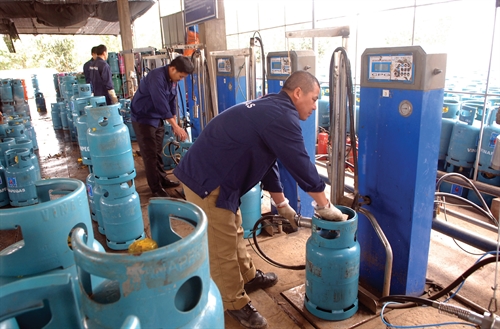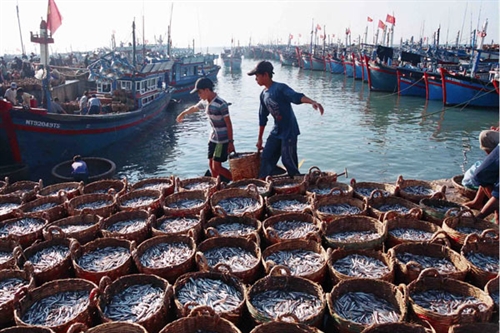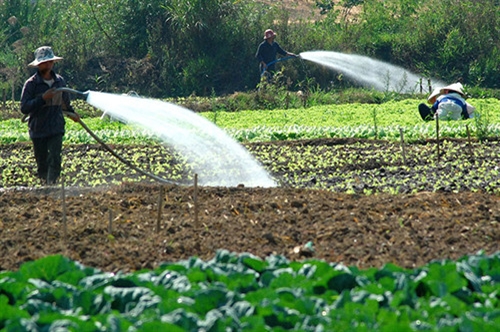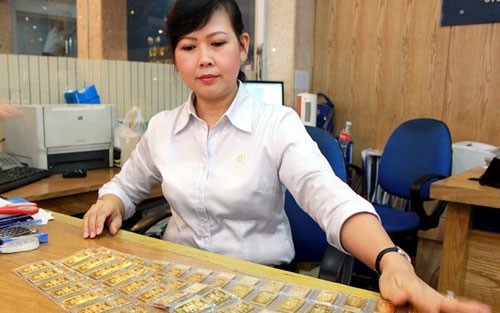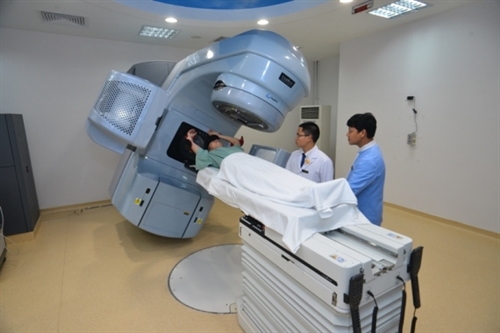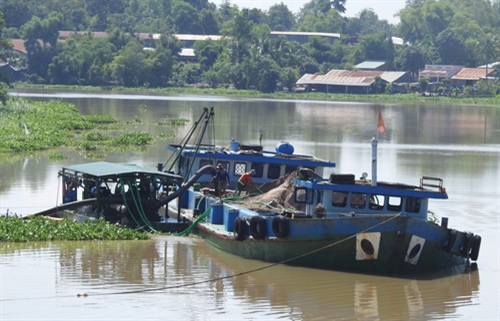The Ministry of Agriculture and Rural Development recently introduced a draft law on fisheries, adding provisions on protection of aquatic resources in the context of scarcity and environmental pollution seriously affecting the habitat of natural and cultivated aquatic species.
The draft law, with 100 articles arranged in eight chapters, provides that aquatic resources belong to all people, and must be protected, regenerated and developed in order to ensure the biodiversity and protect the environment and natural landscapes.
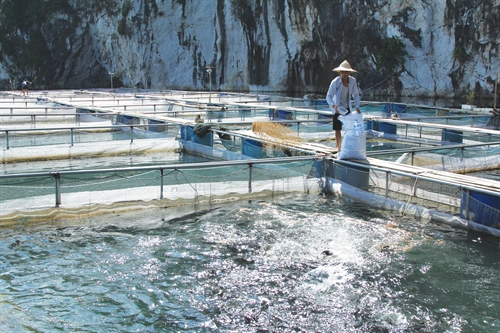 |
| Caged-fish rearing on a reservoir with state support__Photo: Quang Duy/VNA |
Compared to the law currently in force, the draft specifies more acts involved in aquatic activities to be banned to suit the reality, such as release of exotic aquatic species into natural water areas, use of exploitation methods of mass destruction nature and inclusion of impurities in aquatic materials and products.
It also has an article clarifying the model of community-based fishery management, which has been successfully implemented in a number of localities but is not yet provided in the current law, and proposes granting a limited number of licenses for certain aquatic activities based on aquatic reserve surveys.
However, at a conference to review the draft law on fisheries held by the National Assembly’s Science, Technology and Environment Committee on February 25 in Hanoi, while highly appreciating new provisions on protection of aquatic resources, many experts proposed the drafter to require fishing activities to be standardized to conform with international regulations in order to make aquatic products exportable to overseas markets.
Nguyen Thi Hong Minh, former president of the Vietnam Association of Seafood Exporters and Producers (VASEP), said the draft law lacked provisions on modernization of fishery activities to meet international standards.
The rearing, exploitation and processing of aquatic resources can effectively develop only when local aquatic products become globally marketable, she stressed.
Agreeing with Minh, VASEP vice president Nguyen Hoai Nam said that as aquatic imports and exports of Vietnam has found their niche in the global market and is always regarded as the major factor to boost the aquatic development in the future, the draft law needs to create a legal framework to enable Vietnamese exporters to meet requirements of commercial agreements and importing countries.- (VLLF)
